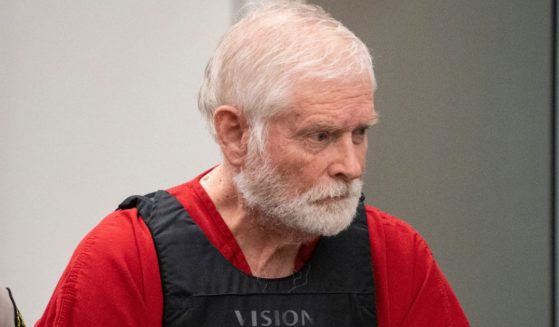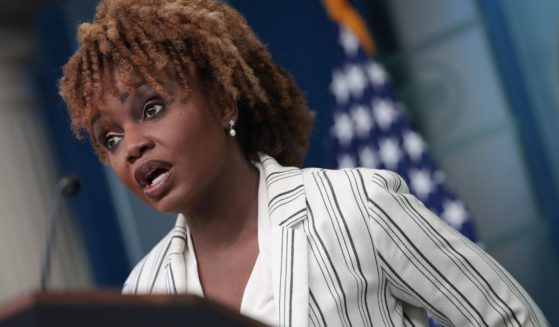Warren national-monument pledge could appeal to Western Dems
SALT LAKE CITY (AP) — Backed by dramatic mountain peaks, Elizabeth Warren stopped in Utah on Wednesday to discuss her public-lands plan, including a promise to restore broader protections for two of the state’s high-profile national monuments if elected president. It’s a move that would not endear her to Utah’s GOP establishment but could appeal to voters across the West angered by President Donald Trump’s decision to shrink the monuments.
Warren’s plan is part of a broader energy proposal that puts her among the few Democratic candidates so far talking about public lands, a hot topic in the region. Warren, a U.S. senator from Massachusetts, said shrinking the two expansive Southwestern monuments opens up more land to potentially damaging extraction projects.
“These national forests are our national treasure for everyone in this country, not here simply to be exploited by mining companies and drilling companies,” she said.
Republican state and local leaders, though, have long been deeply frustrated with federal management of the public lands that make up much of the state, and cheered Trump’s December 2017 decision that they said would allow more for flexibility and local control.
Utah voters, though, are divided on the move that shrunk Bears Ears National Monument by about 85 percent and cut Grand Staircase-Escalante National Monument nearly in half, said Jason Perry with the Hinckley Institute of Politics at the University of Utah.
“There are passionate feelings on both sides,” he said.
Warren’s salvo could also signal a wider slice of the field taking up the issue in the run-up to 2020, he said. Any Democrat will face an uphill battle to make serious inroads in the reliably conservative state, though Utah Republican voters tend to be more wary of Trump than others elsewhere.
Meanwhile, lawmakers’ decision to move the state primary several months earlier, to Super Tuesday in March, will likely bring more attention from candidates looking for boost earlier in the election cycle.
Public lands can also resonate far outside the state: Utah leaders’ support for the monuments reduction sparked a major outdoor-industry trade show to leave the state for Colorado, and California-based Patagonia joined Native American tribes to sue over scaling back the monument designations meant to protect resources like ancient cliff dwellings.
“Elizabeth Warren is playing to a much larger audience than the state of Utah,” Perry said. Other elements of Warren’s plan, like a ban on new fossil fuel leasing on public lands and free entry to national parks, could also spark debate.
The Republican National Committee panned her proposal on Wednesday, with spokesperson Christiana Purves calling it a “government takeover policy” that would “destroy our booming economy.”
There hasn’t been any large-scale drilling or mining on the land cut from the Utah monuments yet, though some companies are in the early stages of the permitting process.
Though it hasn’t yet set off an extraction rush, the decision to scale back the monuments sparked anger from left-leaning voters who cheered the original boundaries as bringing more protection, visibility and funding to a unique area, said John Leshy, who served in the Department of the Interior during the Clinton administration and helped create the Grand Staircase National Monument.
Though public lands may not be a core issue like health care, many voters believe that wide-open spaces are a “huge part of the quality of life” in the in the region where Democrats have made inroads in recent years, he said.
“I’m guessing she’s sort of staking this out there as her issue,” he said. “It’ll be interesting to see where this goes inside the party as well as the national race.”
The Western Journal has not reviewed this Associated Press story prior to publication. Therefore, it may contain editorial bias or may in some other way not meet our normal editorial standards. It is provided to our readers as a service from The Western Journal.
Truth and Accuracy
We are committed to truth and accuracy in all of our journalism. Read our editorial standards.












